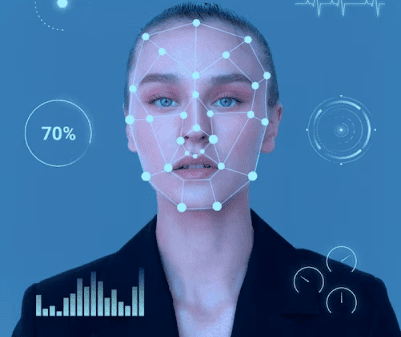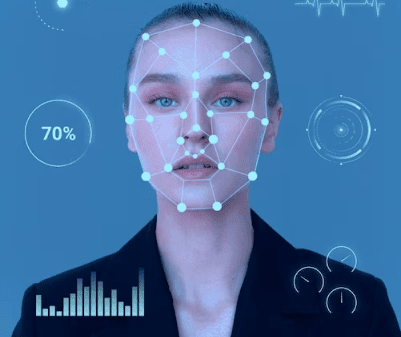Artificial Intelligence, Transform Physiotherapy

In recent years, the convergence of artificial intelligence (AI) and machine learning (ML) has sparked a revolutionary transformation across various industries, and physiotherapy is no exception. The potential for AI and ML to redefine the landscape of physiotherapy practices is substantial, offering improved diagnostics, personalized treatment plans, and enhanced patient outcomes. In this comprehensive article, we delve into the ways AI and ML are poised to revolutionize physiotherapy, ushering in a new era of patient-centered care and advanced rehabilitation techniques. https://georgetownsuncryo.com/
Enhanced Diagnostics and Early Intervention
One of the key advantages that AI and ML bring to the field of physiotherapy is their ability to analyze large volumes of patient data with unparalleled speed and accuracy. By leveraging these technologies, physiotherapists can make more informed and precise diagnoses, leading to early interventions and tailored treatment strategies. Advanced algorithms can identify patterns in patient history, medical records, and even real-time movement data to identify underlying issues that may not be immediately apparent.
Personalized Treatment Plans
Every patient is unique, and their physiotherapy journey should reflect that individuality. AI and ML algorithms have the capacity to create personalized treatment plans that take into account a patient’s medical history, current condition, and even lifestyle factors. By analyzing this information, AI-powered systems can suggest exercises, rehabilitation routines, and lifestyle adjustments that are optimized for the best possible outcomes. This tailored approach enhances patient engagement and compliance, accelerating the recovery process.
Real-time Monitoring and Feedback
Imagine a physiotherapy session where the patient receives real-time feedback on their movements and exercises. AI and ML technologies can make this a reality. Wearable devices equipped with motion sensors can track a patient’s progress and provide instant feedback on their form and technique. This continuous monitoring ensures that patients perform exercises correctly, reducing the risk of injury and promoting faster recovery.
Predictive Analytics for Progression Tracking
Predictive analytics, a subset of AI, holds immense promise in tracking the progression of patients undergoing physiotherapy. By analyzing historical patient data, AI algorithms can predict the likely trajectory of recovery for a given condition. Physiotherapists can use this information to adjust treatment plans, set realistic goals, and manage patient expectations effectively.
Empowering Physiotherapists with In-depth Insights
AI and ML tools are not meant to replace physiotherapists but rather to empower them with valuable insights. With the assistance of AI-driven analytics, healthcare professionals can access a wealth of information about their patients’ progress and responses to treatments. This data-driven approach enables physiotherapists to make evidence-based decisions and fine-tune interventions for optimal results.
Challenges and Future Prospects
While the potential of AI and ML in physiotherapy is undeniably exciting, there are challenges to consider. Ensuring data privacy and security, addressing potential biases in algorithms, and integrating AI seamlessly into existing healthcare systems are all areas that require careful attention. However, as technology continues to evolve, so too will the solutions to these challenges.
Conclusion
In conclusion, the marriage of artificial intelligence and machine learning with the practice of physiotherapy has the potential to revolutionize patient care. From improved diagnostics to personalized treatment plans and real-time monitoring, the benefits of AI and ML are vast and promising. While challenges exist, the overall trajectory points toward a future where physiotherapists are equipped with advanced tools that enhance their ability to provide effective, patient-centered care. As the field continues to evolve, embracing AI and ML will likely become a cornerstone of modern physiotherapy practices. https://ts2.space/en/
